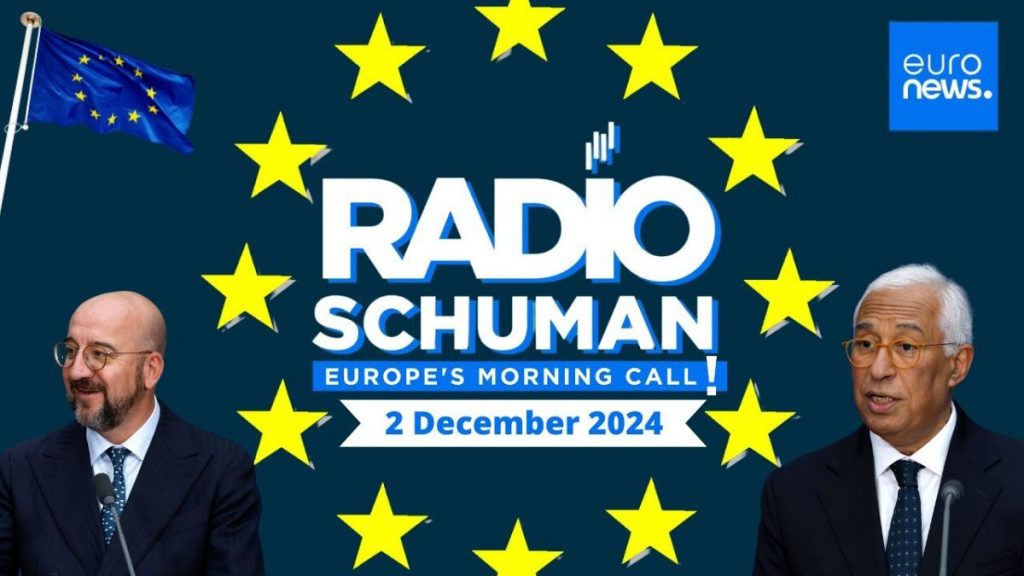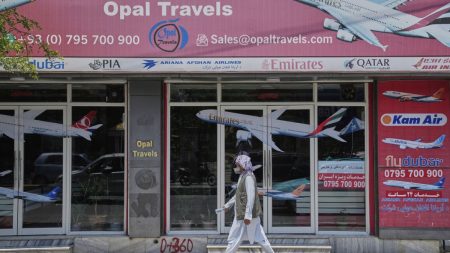António Costa, the former Prime Minister of Portugal, has transitioned into the role of President of the European Council, a significant position among the EU’s 27 member states. This appointment comes at a precarious time as Europe faces numerous challenges, including political, economic, and social tensions. Costa’s broad experience—spanning his roles as Prime Minister, Lisbon’s Mayor, and a Member of Parliament—positions him well as a leader sought for his collaborative approach. Costa’s ascendance raises expectations for effective governance, especially in comparison to his predecessor, Charles Michel, whose tenure included various hurdles and diplomatic intricacies.
One of the critical aspects to examine is how Costa’s leadership style will contrast with that of Michel. While both leaders are committed to unifying the EU, Costa’s reputation for building bridges is anticipated to give him an advantage in fostering amicable relationships among EU leaders. He is seen as someone who can avoid the diplomatic faux pas that marred Michel’s term, notably the incident dubbed “sofagate,” where Commission President Ursula von der Leyen was sidelined during an official meeting with Turkish President Recep Tayyip Erdoğan. Such experiences underline Costa’s diplomatic finesse, which will likely be pivotal in navigating the complex political landscape of the EU.
Costa steps into the presidency amid pressing challenges: the ongoing impacts of the COVID-19 pandemic, economic recovery demands, geopolitical tensions, and climate change initiatives. His ability to forge consensus and guide member states towards a collective action plan is indispensable given the diverse interests and priorities within the union. The need for strong leadership in areas such as labor migration and social policy is crucial, particularly as EU ministers convene to approve action plans addressing these vital issues. Costa’s agenda will necessitate finding common ground while respecting the individual needs of each member state.
Moreover, one of Costa’s priorities will be to enhance the EU’s internal cohesion, which has been tested in recent years by diverging national interests and populist movements. To build unity, Costa must take into account various narratives and opinions circulating among member states, all while fostering a sense of collective identity. His leadership will likely pivot on inclusive discussions and negotiations aimed at integrating the varying perspectives within the Council, ensuring that every member feels represented and heard. This balance is crucial for maintaining stability in the often-fractious environment of EU politics.
At the same time, there are elements that could complicate Costa’s approach. The existing divisions over policy decisions, particularly concerning migration and social issues, require a delicate touch to avoid deepening any fissures. He will need to steer the Council towards constructive dialogue while planning initiatives that resonate broadly. The Employment and Social Policy Council’s agenda, including its focus on labor migration, serves as a litmus test for his capacity to navigate such complexities effectively. Costa will have to leverage his negotiation skills to reconcile contrasting national policies while promoting a shared vision.
Finally, Costa’s presidency comes at a time when public health, social issues, and quality of living concerns—such as smoke-free homes—are gaining traction on the agenda. These topics underscore the necessity of robust social policies to improve citizens’ lives across the EU. Through Radio Schuman’s examination of varying country perspectives on smoke-free environments, it is evident that societal well-being remains a pressing theme in the EU discourse. By prioritizing such matters, Costa can elevate the importance of health and social equity within the broader framework of EU collaboration, reinforcing his mandate to better the lives of Europeans.










